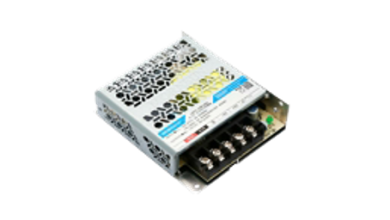The Future of Energy Storage: Home Battery Systems

As the world continues to address the growing concerns of climate change and energy sustainability, innovative solutions are emerging at an unprecedented pace. One such solution is home battery systems – a technology that not only promises to transform the way they consume and store energy, but also offers immense benefits in terms of cost savings and environmental impact. This blog post will explore the exciting potential of home battery systems as a cornerstone for the future of FOXTHEON home energy storage. So buckle up and get ready to discover how these powerful little devices are set to revolutionize our homes, our communities, and ultimately, our planet!
What is home Energy Storage?Home battery systems are becoming increasingly popular as an option for storing energy. Home battery systems can provide a more flexible and cost-effective way to store energy than using traditional power sources like solar or wind.
A home battery system typically consists of several batteries interconnected in a series or parallel configuration. Each battery provides power when needed and stores energy for later use. This allows users to use stored energy when prices are high and then discharge the batteries when prices are low to avoid paying high rates all the time.
There are a number of different types of home battery systems available, including lead acid, nickel-cadmium, lithium ion, and sodium ion batteries. Lead acid batteries are the most common type and typically have a longer lifespan than other types of batteries but are not as efficient. Nickel-cadmium batteries are more efficient but have shorter lifespans than lead acid batteries. Lithium ion batteries are the most efficient and durable type of battery, but they also tend to be the most expensive. Sodium ion batteries are less expensive than lithium ion batteries but have shorter lifespans.
Benefits of home Energy Storage
Energy storage systems offer a number of benefits that make them appealing for use in homes and businesses. These systems can provide backup power during grid outages, store electricity generated from renewable sources for later use, and reduce reliance on fossil fuels.
In the event of an emergency or power outage, a home battery system can provide enough electricity to keep essential appliances running for several hours. Home battery systems can also be used to store solar energy generated during the daytime for use at night or during cloudy weather. This reduces the need to draw on energy sources that are often expensive and environmentally damaging, such as coal or oil.
Businesses also benefit from energy storage systems. Large industrial facilities often purchase power from multiple suppliers, but sometimes these supplies cannot be guaranteed. In such cases, a business can install an energy storage system to stockpile power from renewable sources for later use. This reduces the need to purchase expensive electricity on spot markets and ensures that the business is always able to operate regardless of fluctuations in the market.




